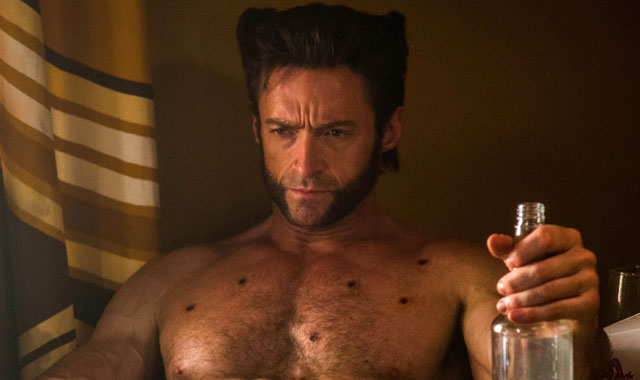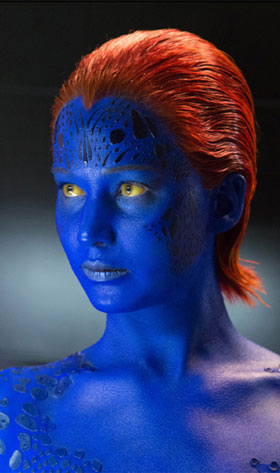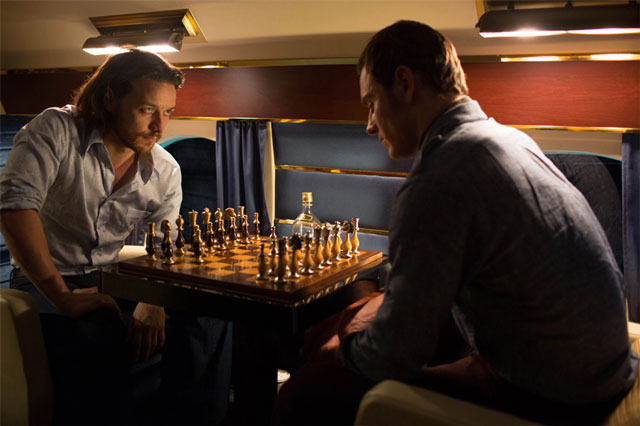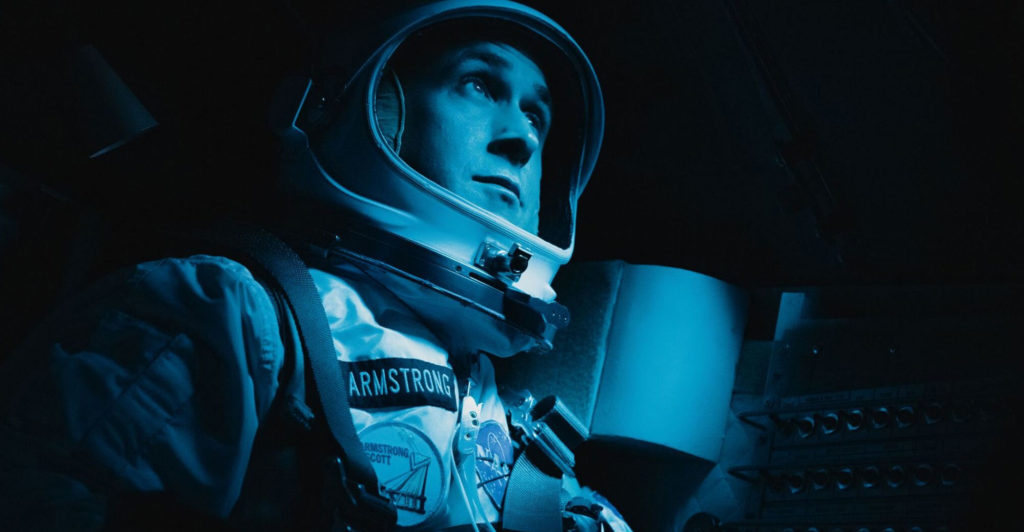
Forget the powers of Marvel’s mutated superheroes in X-Men: Days of Future Past. The most astonishing feat in the film is the effortless way that director Bryan Singer juggles a massive ensemble cast, races across multiple cities and countries, and zigzags between two timelines to mend the X-Men franchise’s broken continuity.
As the seventh film in a comic book franchise with a patchy track record in the cinema, Days of Future Past carries as much baggage as its grizzled antihero Wolverine (Hugh Jackman). Since Singer’s first X-Men film appeared in 2000, plot inconsistencies have piled up as new directors and writers have worked on the franchise.
Singer, returning to direct an X-Men film for the first time since 2003’s X-Men 2, puts an end to the nonsense by using the audacious device of time travel. We’re reintroduced to the X-Men in a future where sentient robots known as Sentinels are exterminating mutants as well as humans that carry the mutant gene.
Charles Xavier aka Professor X (Patrick Stewart) and Erik Lehnsherr aka Magneto (Ian McKellen) send Wolverine back in time so that he can warn their younger selves to prevent the creation of the near-invincible Sentinels in the first place. (And perhaps more impressively, wash away the stains that X-Men Origins: Wolverine and X-Men: The Last Stand left on the franchise).
In 1973, we meet younger versions of mutants Charles (James McAvoy) and Erik (Michael Fassbender), both actors reprising the roles after appearing in X-Men: First Class, Matthew Vaughn’s terrific swinging sixties take on the franchise. At this stage, they’re bitter enemies. It’s up to Wolverine to get them to work together to divert the powerful but emotionally fragile blue-skinned shape-shifter Mystique (Jennifer Lawrence) from a path that will see her inadvertently set the apocalypse in motion.

It’s to Singer’s credit that he makes this preposterous and convoluted story — based on a famed arc in the X-Men comics canon — coherent and engaging with just over two hours of screen time. He imbues his film with just enough seriousness to make the emotional and physical stakes feel like they matter.
But Days of Future Past is also light enough on its feet to avoid the leaden feel of so many superhero blockbusters with pretensions to brooding darkness.
Some of the credit for the film’s successful tone goes to the cast, which includes an astonishing number of actors with Oscars and Golden Globes. McKellen and Stewart bring their usual gravitas to roles that they’ve reprised many times in the past, but the film is really a chance for McAvoy and Fassbender to shine.
Fassbender’s metal-manipulating Magneto is unpredictable and dangerous, while McAvoy’s emotionally and physically broken psychic is a sympathetically wretched figure. In both we see the seeds of the figures they’ll later become: Professor X, the serene and wise idealist who counsels peace between humans and mutants, and Magneto, the militant who wants to strike preemptively at humanity before it acts against mutants.
Jackman as the cynical, cigar-chewing Wolverine seems to enjoy play a supporting role in an X-Men film for a change rather than shouldering the lead. Here he’s a housebroken version of the feral Wolverine, but he carries the part with good humour. Given the large cast, there are a few characters that aren’t given enough screen time — a waste of some of the talent recruited for the film.
Lawrence isn’t given much to do besides slink around a in blue nudie suite, while Ellen Page’s Kitty Pryde is sidelined to a minor role when it was she who did the time travelling in the comic story. Peter Dinklage as the mutant-hating scientist behind the Sentinel programme doesn’t really register as enough of a threat — he’s a curiously muted presence compared to his show-stealing work in Game of Thrones.
There are many other mutants, new and returning, many of them there mostly to provide cool set piece moments. The most striking of them is Quicksilver (Evan Peters), a playful teenager with the ability to move as fast as blur. He’s the star of a two-minute action sequence — wryly scored to Jim Croce’s Time in a Bottle — that is the most amusing in a superhero film this year.

That scene — short and simple as it is — is so mischievous and imaginative that it makes the city-levelling destruction and florid CGI of the other set pieces in picture seem a little routine by comparison. Some of the effects work is a little dodgy, yet there’s a sense of physical danger and consequence in Days of Future Past missing from many comic book films.
But there’s also something more to X-Men: Days of Future Past than the eye candy. It commands an investment in its characters that makes it easy to look beyond the special effects. Under the gloss, the film feels as sincere as Marvel’s original comics about outcasts trying make sense of their place in the world. They’re mutants, but their strengths and vulnerabilities are recognisably human. — © 2014 NewsCentral Media




